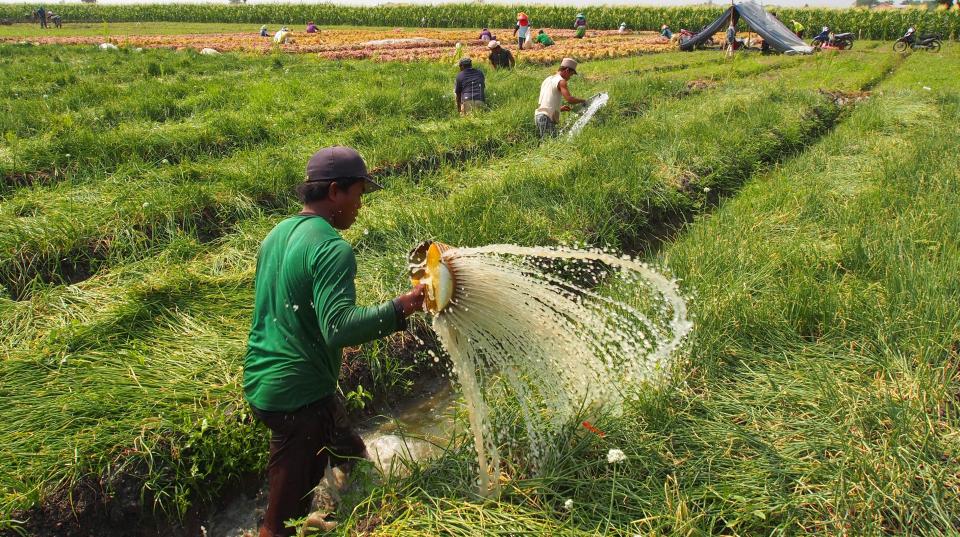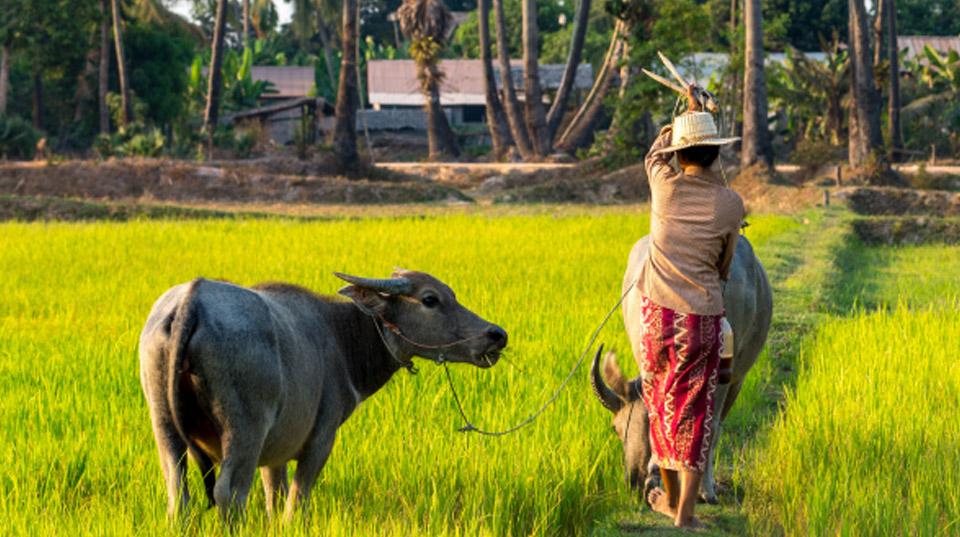Overview
This project aimed to contribute to the Food and Agriculture Organization (FAO) led SOLAW21 report by providing a strong comprehensive response framework for better understanding the effectiveness of technical, Institutional and policy responses to mitigate and adapt to land, soil and water degradation.
The scale of benefits of this project will be global as well as regional. The vision of the success of this project is that the comprehensive framework of response assessment (CFRA) directly contributes to FAO led SOLAW21 report and plays a significant role in the international discourse on the state of land and water for agriculture with the framework being used to highlight the effectiveness of potential responses. The CFRA will provide valuable information on related opportunities and challenges to support an informed decision-making process at different levels of governance and decision making from multilateral organisations to national and state governments. There are six chapters of the SOLOW21 report and many of the chapters focus on responses. This project is envisioned to provide a framework for these chapters in understanding response effectiveness.
It is anticipated that in the future the CFRA will be utilised by countries in designing and assessing the potential of interventions and responses to the degradation of land and water resources. Future work could relate to the testing of CFRA at different scales across contrasting landscapes with the application of local-level data on responses, downscaled climate models, and regional level climate change scenarios. This could be intended for a few selected countries in Asia which will be of common interest to ACIAR and FAO.
Project outcomes
- Direct contribution to FAO’s SOLAW2021 in terms of development of methodology on
how to describe the interconnectedness among different components of an agricultural system - Development of a comprehensive response repository in close collaboration with
FAO, WOCAT - Development of a Comprehensive Framework of Response Assessment (CFRA)
- Assessing and predicting the effectiveness of selected key interventions/responses based on an assembled and harmonized dataset of global physical, biophysical, socio-
economic contextual, and local data.





